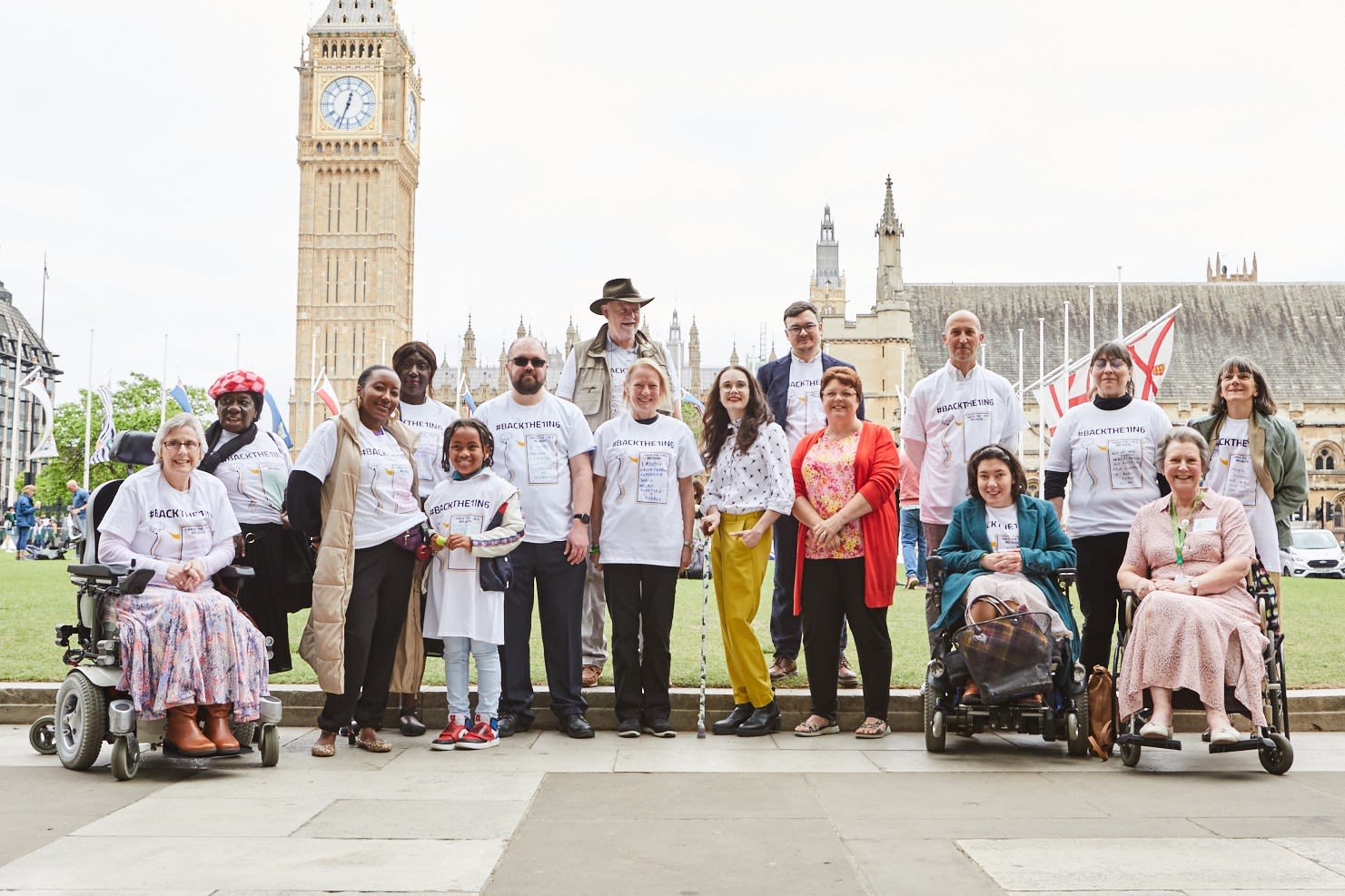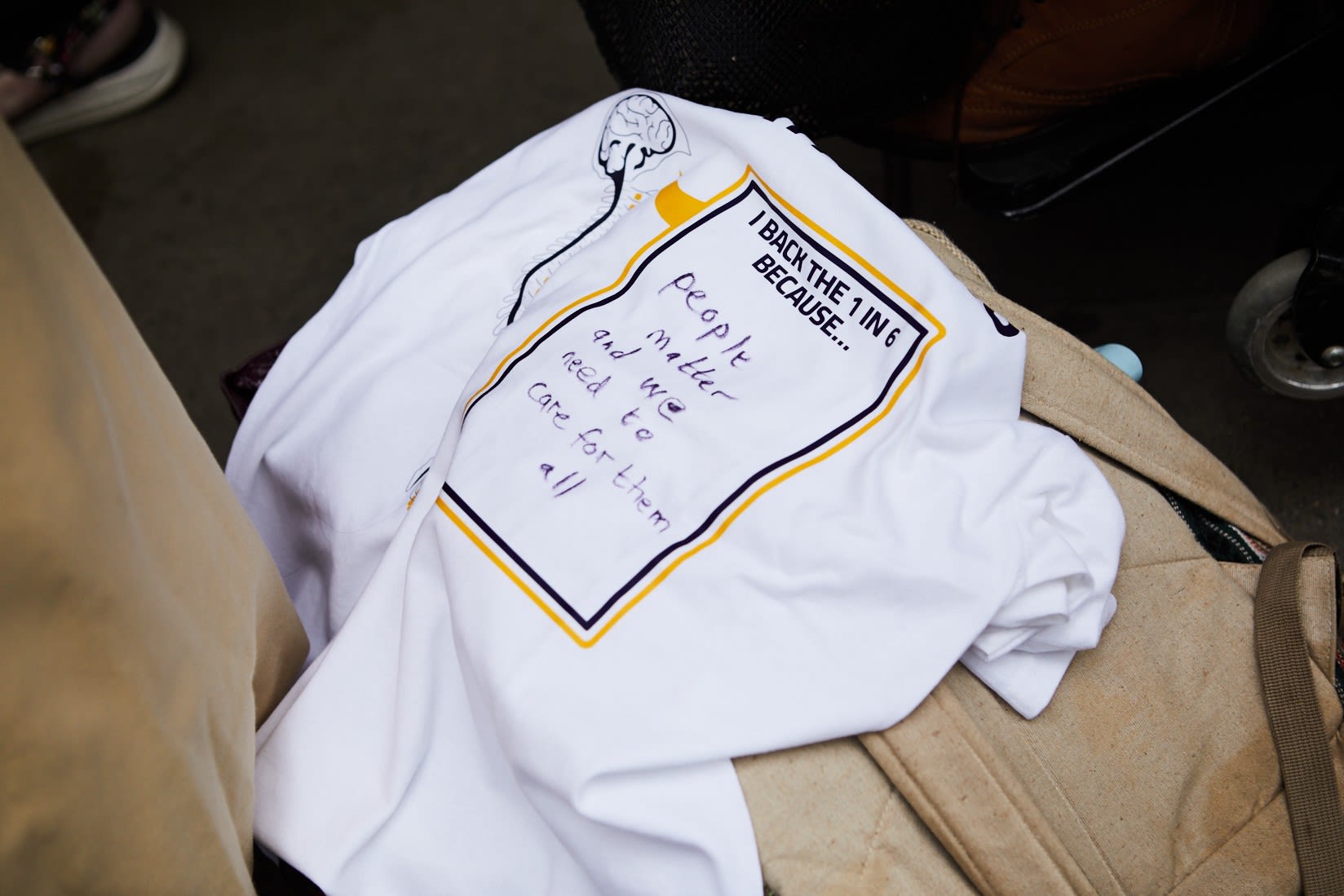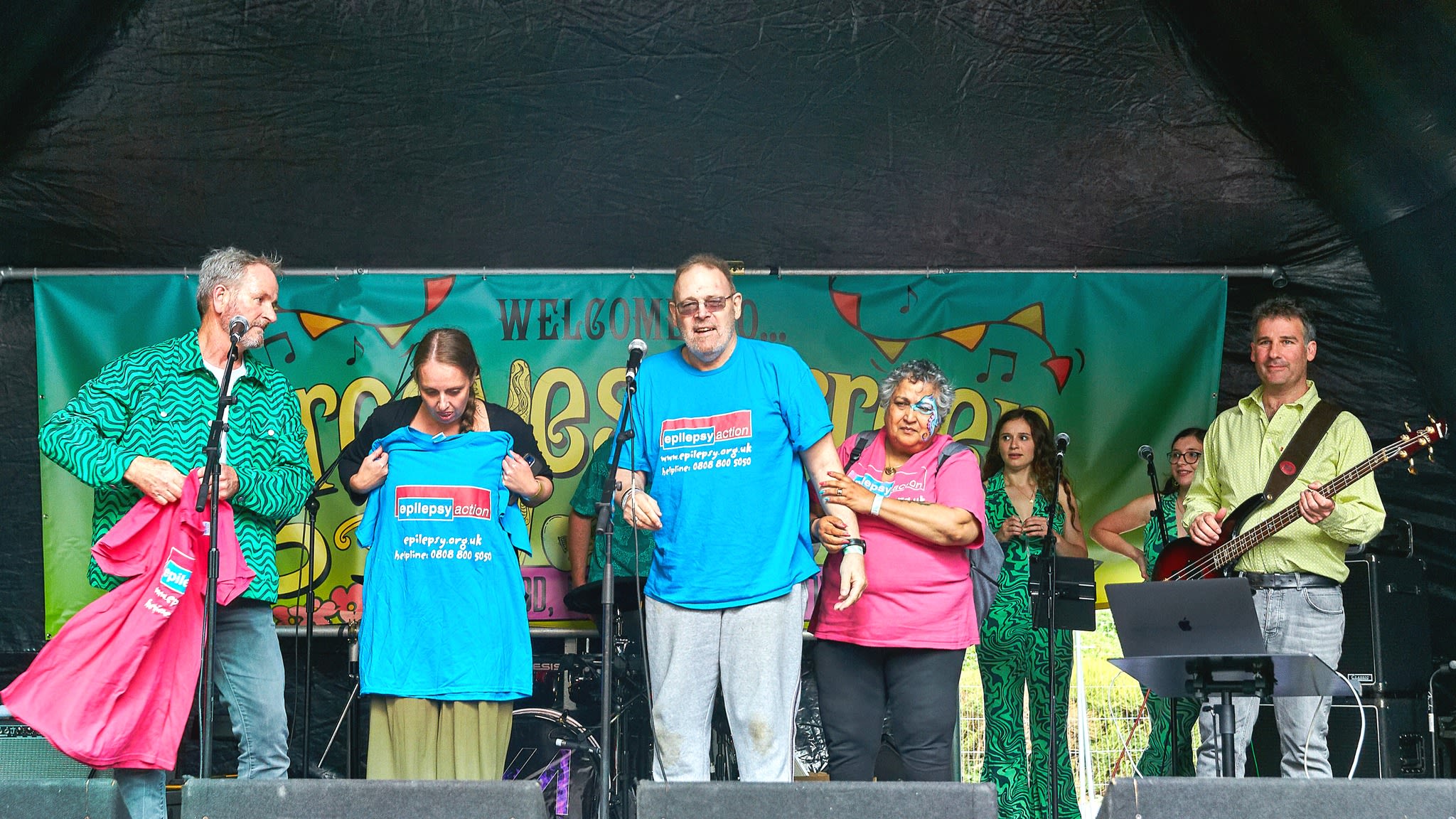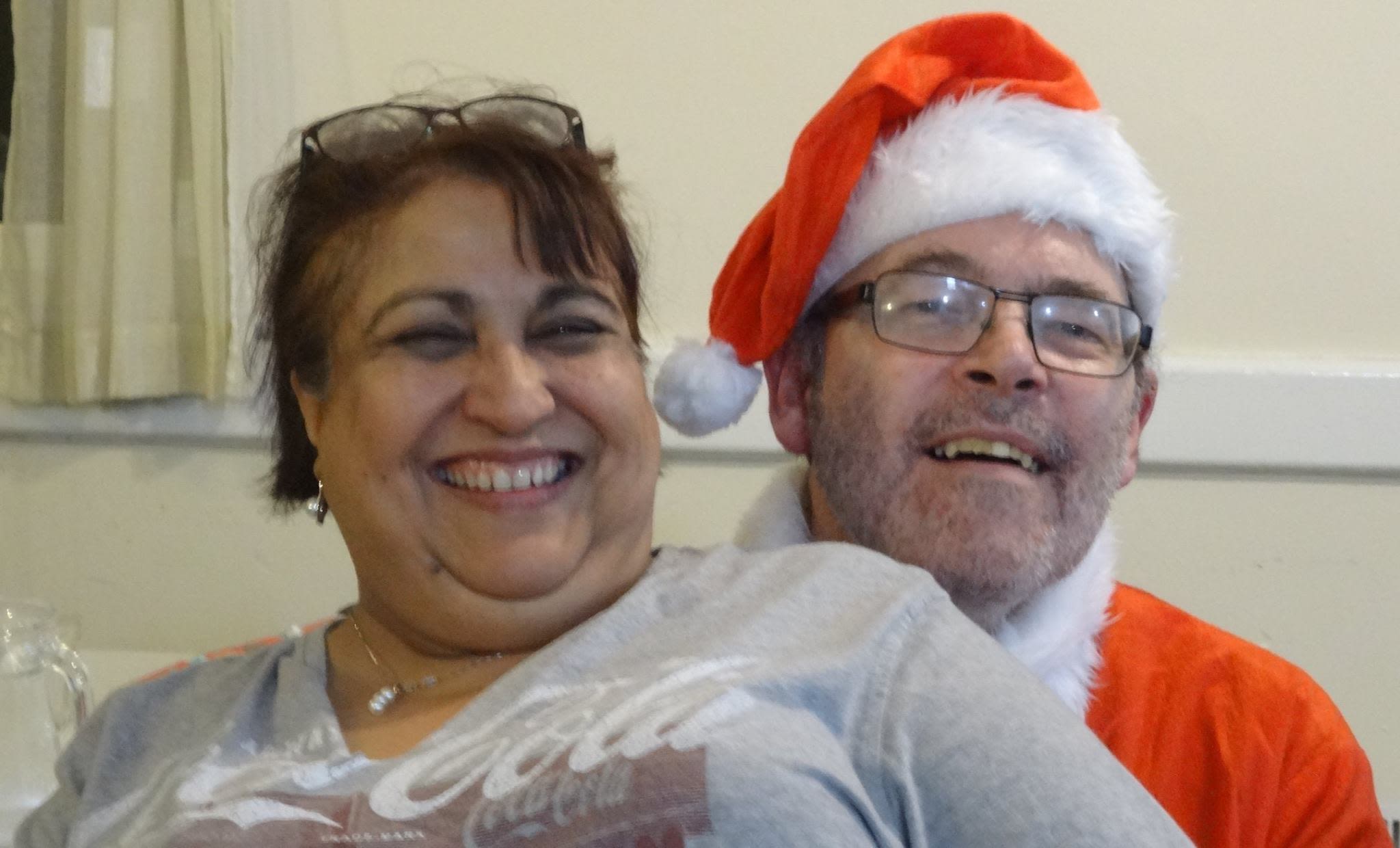Neurological conditions in the UK: A hidden epidemic
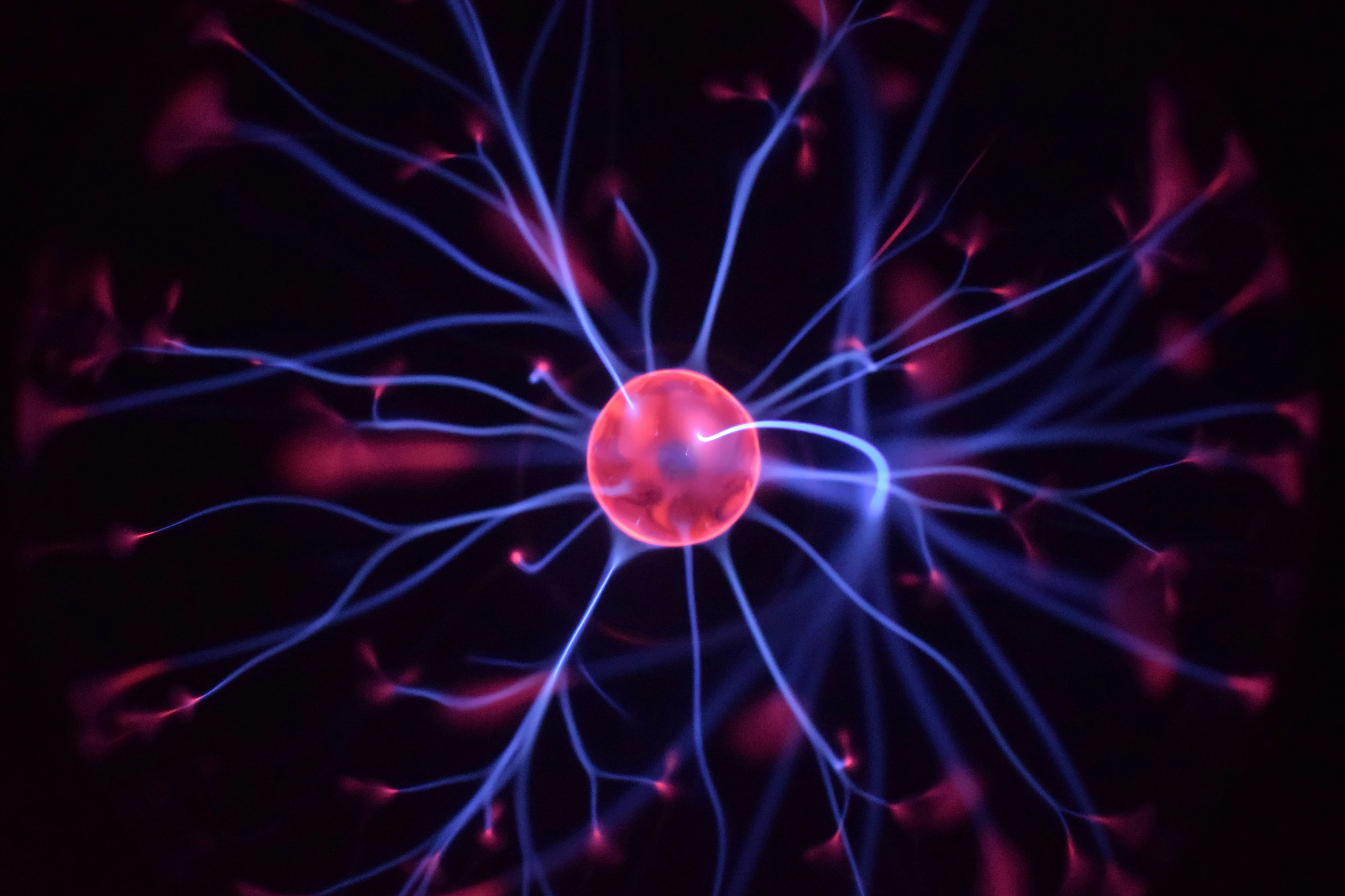
One in six people in the UK live with a neurological condition.
These are conditions that impact the brain, spinal cord or nervous system and can affect anyone at any age and at any time.
The consequences of developing a neurological condition can be detrimental to a person’s health and lifestyle. According to the World Health Organisation, neurological conditions are the leading cause of disability and the second leading cause of death globally.
The Neurological Alliance is a charity campaigning for better support for people with these conditions as well as their families.
Yesterday, the alliance held a Parliamentary ‘Neuro Reception’ which aimed to inform and educate Parliamentarians about the experiences and challenges of living with a neurological condition and improve treatment and support.
Sam Mountney, Policy and External Affairs Manager for The Neurological Alliance, said:
“The Parliamentary Neuro Reception was our biggest and best event to date. We were delighted to be joined by over 100 guests from across the neuro community including charities, healthcare professionals and people affected by neurological conditions.
“At least 34 MPs were also represented, hearing first-hand about the issues that matter most to the neuro community and committing to support people affected by neurological conditions.”
“It's not just one person that neurological conditions affect. They can often affect a person’s family too in terms of care responsibilities or additional support. So it’s a huge number of people that we look to improve the lives of.
“We are making a case for the government to help reduce NHS waiting times, increase the neuro workforce and mental health support for our community.”
Hundreds of thousands of people in the UK are waiting for neurological care.
The Neurological Alliance outlined that as of September 2024, more than 234,000 people were waiting for an NHS neurology appointment, and more than 55,000 were waiting for NHS neurosurgery.
One of the most common neurological conditions is epilepsy, affecting 1 in 100 people.
Epilepsy is an intermittent condition which causes a person to have seizures.
Every year in the UK, around 1,000 people die from causes related to epilepsy. Half of these are from sudden unexpected death in epilepsy (SUDEP) - when someone with epilepsy dies and no obvious cause of death can be found
Epilepsy Action is a charity that provides information, advice and support for people specifically with epilepsy, but also support The Neurological Alliance.
Chief executive of Epilepsy Action, Rebekah Smith, said: “Finding out you have epilepsy can be incredibly scary and confusing, bringing with it a major impact on so many areas of life - from education and work to driving and independence. And yet so often we hear about problems getting access to specialist care and support as the workforce remains severely underfunded and effective treatment options limited.
“This is why we're joining forces with others at the Neurological Alliance's Parliamentary Neuro Forum's reception to urge decision-makers to take action and improve treatment and support for the 630,000 people with epilepsy in the UK. We need action now to help people with epilepsy to be able to manage their condition safely and live their life without limits.”
Both Sam and Rebeka also mentioned the impact that neurological conditions can have on a person’s mental health.
Rebeka said: “Living with epilepsy also has a significant impact on people's mental health, with 85% of people telling us they have experienced anxiety as a result of their condition and a worrying 64% waiting up to six months for support.”
Members of The Neurological Alliance outside Parliament. Photo from The Neurological Alliance.
Members of The Neurological Alliance outside Parliament. Photo from The Neurological Alliance.
A #BackThe1in6 T-shirt with a message for Parliament. Photo from The Neurological Alliance.
A #BackThe1in6 T-shirt with a message for Parliament. Photo from The Neurological Alliance.
Mark Adams (middle) and Kamlesh Adams (in pink) raising awareness for epilepsy. Photo from Epilepsy Action Bournemouth & Poole.
Mark Adams (middle) and Kamlesh Adams (in pink) raising awareness for epilepsy. Photo from Epilepsy Action Bournemouth & Poole.
Mark and Kamlesh staying positive in the face of adversity. Photo from Mark and Kamlesh Adams.
Mark and Kamlesh staying positive in the face of adversity. Photo from Mark and Kamlesh Adams.
Members of Epilepsy Action have taken it upon themselves to support people living with this condition and their families/carers.
Mark and Kamlesh Adams have a vast amount of experience in dealing with epilepsy as Mark has lived with it since he was 15 years old and Kamlesh cares for him.
They lead a support group for Bournemouth and Poole - inviting people affected by the condition to sit together, chat, drink tea and eat biscuits - and have been helping people for over 13 years.
Kamlesh said: “Our philosophy has always been that even if one person turns up, they need support and we will give it to them”
Even throughout the pandemic, Mark and Kamlesh would meet with people virtually to continue this service.
An element of the condition that was emphasised in their session on Tuesday evening, was that epilepsy is unique to every person who has it.
Mark said: “It’s different for everybody, the type and frequency of seizures.”
Some of the attendees explained that they feel warnings before seizures. A few of these included experiencing numb legs, a specific taste or smell, or a strange feeling in their stomach. There was even a story of a man who would get a strong sense of déjà vu before having a seizure.
Many people are aware that seizures can cause serious physical harm, however the mental toll epilepsy takes on people cannot be overlooked. Kamalesh said: “One of the hardest things for many people is having your driving license taken away, they feel embarrassed and like they’ve lost their freedom.”
Furthermore, two-thirds of working-age people with epilepsy are unemployed - a disproportionately large amount compared to most other disabilities. Although his employer could not specify that epilepsy was the reason, Mark said: “I was made redundant for having too many seizures.”
He also said: “It’s definitely worse for the carer. They have to clean it all up, make sure you’re okay and they might injure themselves in the process.”
Nevertheless, Mark and Kamlesh look at bad experiences as opportunities to share and help others.
Mark rounded off the session by telling attendees: “Remember, you may have epilepsy, but it doesn’t have you.”
By 2030, Epilepsy Action wants everyone to know what to do if someone has a seizure in front of them.
For more information and to support Epilepsy Action or The Neurological Alliance, visit: https://www.epilepsy.org.uk or https://www.neural.org.uk
